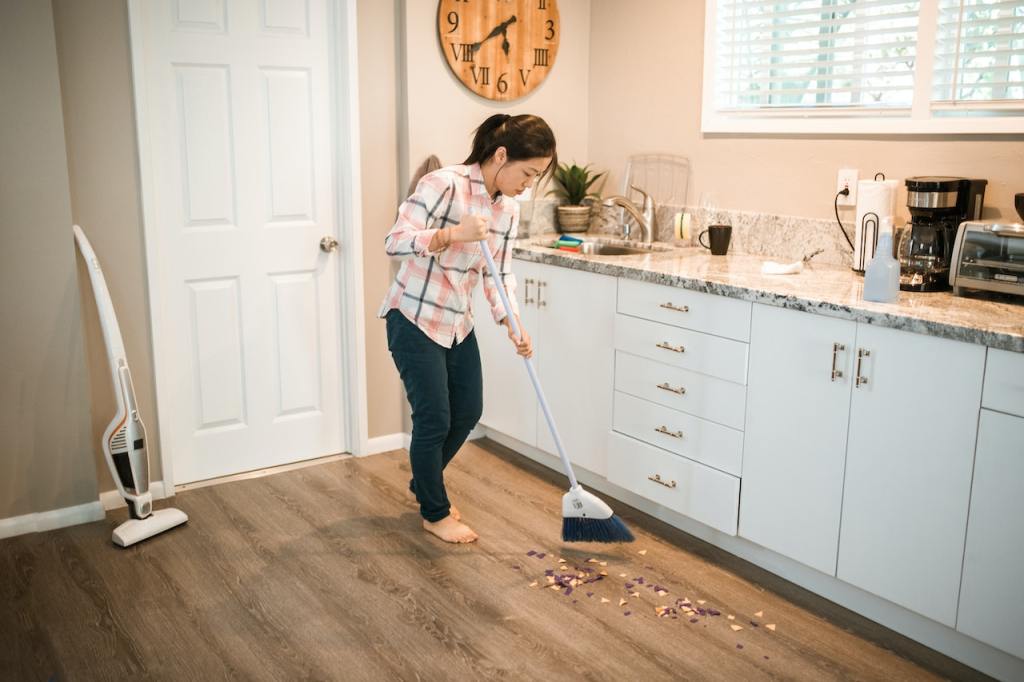In the face of a gloomy employment landscape in China this year, recent graduates are finding themselves compelled to explore unconventional paths to secure livelihoods. Many are turning to two rather unconventional options: seeking employment in the household cleaning industry or embracing a “full-time children” role in their parents’ homes.
China’s overall economy is struggling with its post-coronavirus recovery as a result of the country’s three-year “zero COVID” policy. This year, a record 11.58 million graduates will be entering China’s workforce. The unemployment rate for Chinese individuals aged 16-24 hit a staggering 21.3% in June, rising from 20.8% in May. That’s about one in five Chinese Gen Zers out of work.
Cleaning is better than doing nothing
Among the younger generation or Gen Zs in Singapore, cleaning jobs have always had a poor reputation. Nobody wants to do it, so you’ll see older generations and foreign workers picking up the slack. But over in China, more and more Gen Zs – are taking up cleaning jobs.
Based on data from iiMedia Research, a staggering 93.8% of consumers in China used domestic services in 2022. The industry’s rapid growth is projected to reach 1.16 trillion yuan by 2023, leading to an increased demand for a youthful workforce. There’s also a rise in companies offering high-end cleaning services, especially in bigger cities like Shanghai and Beijing.
While housekeeping companies traditionally employ middle-aged workers, many outfits have seen an increase in Gen Zs joining in recent years. Companies see the advantages of a younger workforce – they’re more physically resilient, and tend to have better communication skills. For some Gen Z, it’s better than staying at home.
Younger employees going into this field like the friendly working environment, flexible hours, and relatively high salary (7,000-8,000 yuan/month, or 1,300-1490SGD). They’re also happy to be out of the notorious 996 working culture (working from 9am-9pm, 6 days a week) that has left many employees feeling burned out.

Of course, these young workers aren’t staying employed in this industry for long. It’s usually a stepping stone to gain experience before moving onto other jobs.
Parent proposition: I’ll pay you to be my kid again
When children finally become university graduates, the parents would usually stop giving them allowances. But these days, youth unemployment is so bad that some adult children are receiving allowances as large as the national average salary from their parents in exchange for… being a kid again. According to China’s statistics department in January, the national average annual income was 36,883 yuan (6,870SGD).
Just check the hugely popular hashtags #FullTimeDaughter and #FullTimeSon on Chinese social media. Over 4,000 full-time children populate a community forum on the Chinese social site Douban.
But what does a “full-time child” get paid to do? The obvious job scope includes spending time with the parents (or employers?) by accompanying them on outings or meals. Plus, they’re usually expected to do household chores like shopping, cooking, and cleaning. On top of a ‘salary’, perks also include free room and board in their parents’ homes. So, what’s not to like?

For the majority of the Chinese population, however, being a full-time child isn’t a feasible option. While it may appear to be a cushy arrangement, this privilege is only accessible to China’s middle class and above. Most families can’t afford to provide their adult children with a full-time wage, as the responsibility is usually on the grown-up children to supplement the family income.
Even though the actual tasks of a full-time child are similar to those of a caretaker or housekeeper, they’re not considered part of the workforce in an official sense. They’re considered unemployed by China.
While some graduates may find solace in these unique paths, it’s essential to recognise that they’re a reflection of the prevailing economic circumstances rather than preferred career choices. No wonder so many youths these days want to be social media influencers.
Even though Singapore has the lowest unemployment rate in Asia Pacific, it’s still a good idea to prepare yourself for a possible situation like this.











